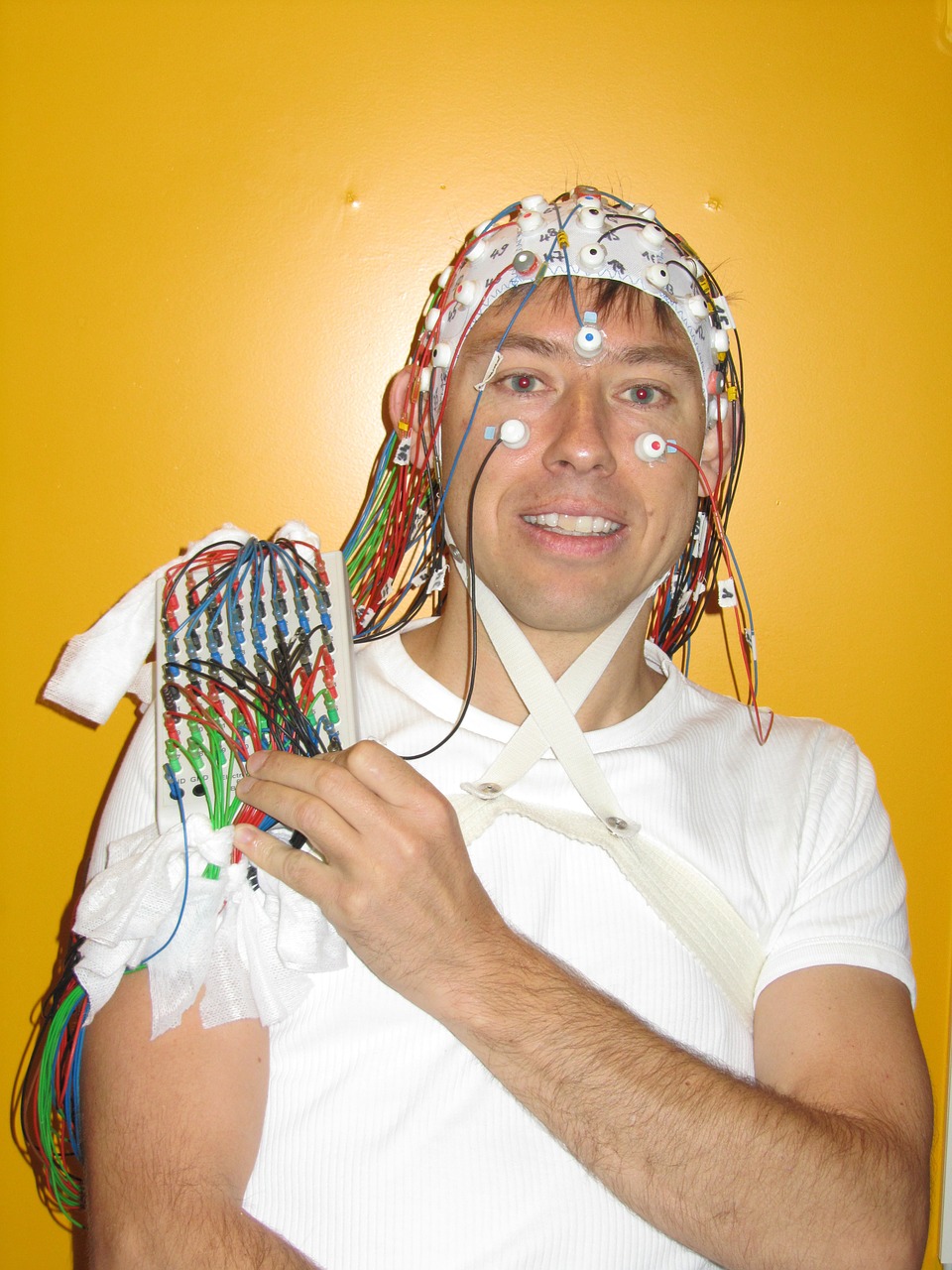Besides testing treatments, research studies help doctors understand conditions so they can help future patients
For over four years Jessica Donlon, 17, suffered from depression that was so severe, she had difficulty getting out of bed. She gave up cheerleading and softball, spending much of her time sleeping. She tried many kinds of medications and therapies, but her depression was getting worse. “She suffered degrees of not wanting to live, but it was getting stronger and more frequent,” says her mom, Theresa Roy.
Theresa heard about a clinical trial using ketamine— a medication often used as an anesthetic in children—to treat severe depression, and she thought it might help her daughter. Earlier studies at Yale and elsewhere have shown that ketamine can provide rapid and dramatic relief for depression in adults. “Suicide is the second leading cause of death in adolescents, and while there are some effective treatments, a substantial proportion of adolescents don’t respond to those treatments,” notes psychiatrist Michael Bloch, MD, MS, associate professor in the Yale Child Study Center, who led the clinical trial.
“My hope was to get relief,” Jessica says, “to have a break in my mind.” She received two infusions—one contained the ketamine, while the other contained another anesthetic that was used as a control. Immediately after one of the infusions, her symptoms improved. Being in a clinical trial helped her turn a corner.
What is A Clinical Trial?
Many people think clinical trials involve experimental medications or treatments, but that’s not always the case. A clinical trial is a test or study that’s designed to answer questions that will help doctors prevent, diagnose, or treat diseases or injuries. You don’t necessarily have to be sick to participate in a clinical trial. Many trials need healthy volunteers to provide information that can be compared with findings from people with a particular condition.
Clinical trials can take many forms. Some involve a procedure such as blood donation so that researchers can analyze it in specific ways. Others may involve undergoing a new medical or surgical treatment or measuring how lifestyle changes affect your health. Sometimes researchers test new medications, or want to find out if a medication that’s approved for one kind of disease works for a different condition, as was the case with Jessica. Some clinical trials involve non-medication treatments, such as behavior therapy.
Rayford (Rafe) Bromley, 13, was gradually becoming anxious and withdrawn, wanting to make friends but not knowing how to go about it. His mom, Sarah, knew something was wrong with her son, but was at a loss as to how to help him. She called the Child Study Center to set up an evaluation. “I was very excited to find out there were studies and that by participating he could also be diagnosed,” she says.
Clinicians in the Child Study Center diagnosed Rafe with autism spectrum disorder, as well as the anxiety his family had noticed. He was eligible to participate in a clinical trial using cognitive behavioral therapy (CBT)—a form of “talk therapy”—to treat anxiety in children with autism.
CBT is commonly used to treat anxiety and other mental health conditions, but, like many mental health treatments, it doesn’t work for every patient. Also, it hasn’t been well-studied in kids with autism. Before and after CBT, Rafe had an imaging scan as part of the study to determine if the therapy was associated with changes in his brain. “We hope science can shed light on the underlying mechanism of childhood psychiatric disorders and offer a glimpse as to why symptoms improve with treatment in certain people,” says Denis Sukhodolsky, PhD, associate professor at the Yale Child Study Center, who is leading the study. He hopes that the information from the study can one day be used to predict which kids with autism and anxiety will benefit from CBT.
Five Things to Know About Clinical Trials
- There are hundreds of clinical trials available at Yale for all types of conditions and for people of all ages.
- Yale has a tradition of developing promising new treatments, including the insulin pump for diabetes and medications to treat HIV infection.
- You don’t have to be sick to participate in clinical research—many clinical trials need healthy volunteers.
- Clinical trials don’t always involve new medications or procedures. Some studies involve lifestyle changes or answering questions.
- When you participate in a clinical trial at Yale, you have access to world class clinical care.
Is a Clinical Trial Right for You?
Like Theresa and Sarah, all mothers considering enrolling their child (or, of course, one’s self) to participate in a clinical trial want to know it’s safe. Medical procedures always pose certain risks, so you’ll need to understand these ahead of time, as well as learn what to do if you experience side effects.
Fortunately, the ethical and legal codes that govern medical practice also apply to clinical trials. Most clinical research is regulated by the federal government with built-in safeguards to protect you and special measures to protect children. Every clinical trial in the U.S. must be approved and monitored by an independent committee of physicians, community advocates, and others to make sure your rights are protected. This committee also reviews the plan that details what will happen during the study, making sure the risks are as low as possible and the potential benefits are worthwhile.
Before taking part in the ketamine study, for example, Jessica underwent a detailed psychiatric interview. Dr. Bloch spoke with her referring psychiatrist, and he reviewed her history to make sure it was an appropriate treatment. Study staff explained to Jessica and her mom what the study involved, as well as potential side effects.
Ketamine is often used in the emergency room and is known to be relatively safe. In the study, it was given at Yale New Haven Hospital at a lower dosage and a slower rate, supervised by a doctor with expertise in conscious sedation. Jessica was also monitored for two weeks after the infusion, and she had Dr. Bloch’s and the research coordinator’s cell phone numbers to call at any time in the event of an emergency.
Sometimes people participate in a clinical trial because they want to help a friend or loved one who has a particular illness. For Jessica, it was an opportunity to try a treatment that isn’t widely available. She was also able to continue the treatment through the Yale Interventional Psychiatry Service at Yale New Haven Psychiatric Hospital. For Rafe, it led to a diagnosis and offered a chance to receive treatment at no charge for a condition that isn’t well understood. By participating in clinical research, both also provided doctors with valuable information that may lead to improved treatments for other patients in the future.
This article first appeared, on the YaleMedicine blog.




